The Chennai-based manufacturers take a step towards the future with the introduction of their first electric scooter called the TVS iQube.
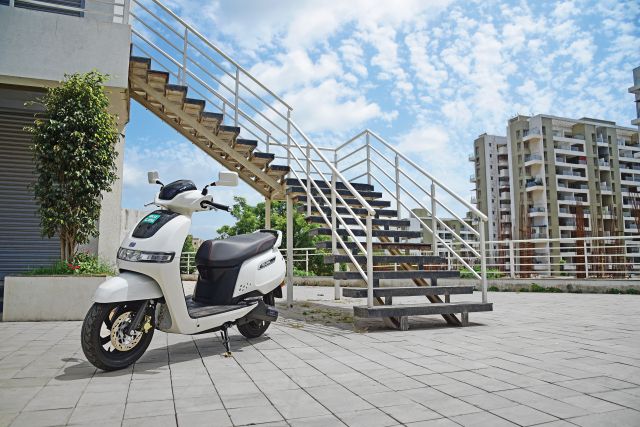
Story: Azaman Chothia
Photography: Apurva Ambep
We are in the day and age where electric mobility is taking over the world one step at a time. Since last year, there have been a number of new startups and manufacturers that have launched new electric two-wheelers in the Indian market. I have had the opportunity of testing a few of those new offerings and I was honestly not very impressed. Being a person who has grown up loving everything about engines, it has been hard to digest the fact that mobility is making a shift to electric vehicles. But this shift has a lot to do with saving the environment, so might as well respect that and jump on board to find out if the TVS iQube is the EV with which you make the shift to electric mobility.
In terms of design, the iQube is quite unique. It has a futuristic approach with the LED headlight and tail-light packed into a strip on both the front and the rear while also borrowing a few classic design elements from the TVS Jupiter. To describe the design in one line, I would say that if R2-D2 from Star Wars was a transformer, the iQube would be its final form.
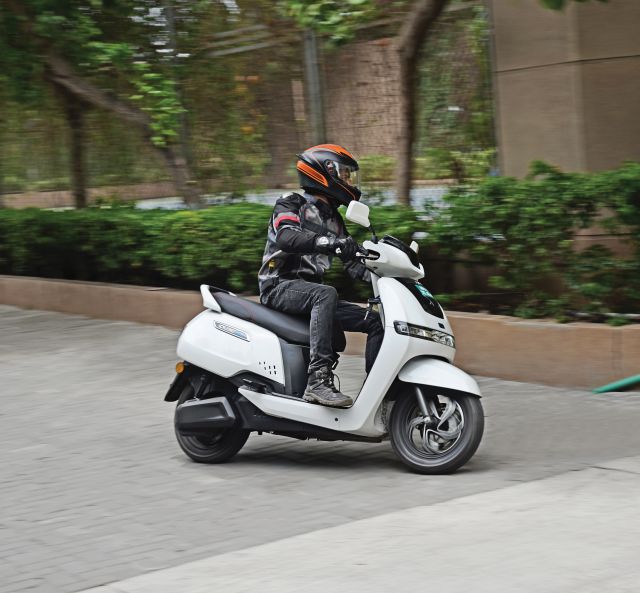
Currently, TVS is offering the scooter only in this white colour scheme. The side panels get “TVS iQube Electric” badges and on the left side, below the rear foot-rest, there is an illuminated “Electric” badge that adds a rather nice touch to the overall styling. With a weight of 118 kilograms, the iQube feels neither too heavy nor too light once you get astride. It is just the perfect weight and almost feels like a conventional internal combustion engine (ICE) scooter compared to many other lightweight electric vehicles.
The scooter gets a Bosch hub-mounted motor that can deliver a peak power output of 4.4 kW (5.9 hp) and is powered by three Li-ion battery packs which are protected by an aluminium casing. It gets two riding modes, Eco and Power, and TVS claims a riding range of around 75 kilometres in the Eco mode on a full charge. Going by our test, the scooter’s battery took about eight and a half hours to get fully charged, after which I used it for daily commuting wherein the charge lasted for two days. The scooter was used constantly switching between the Eco and Power modes when necessary and I was able to achieve a range of 53 km. The modes can be switched on the go by simply releasing the throttle and pressing the mode button placed right near the accelerator. An overnight charge on a daily basis will provide enough juice for the commuting needs of anyone traveling just over 50 km a day.
With just the first ride on this scooter, I was really impressed by how it performs. The scooter accelerates quickly as soon as the throttle is opened and gets up to speed without any hesitation. A noteworthy point is how silent and smooth this EV really is. There is not a single sound from the motor and this makes for one of the swiftest rides around town. At times while overtaking, I had to use the horn to alert the drivers/riders ahead that there was a vehicle closing in from the rear. TVS claim a quick acceleration time of 0 to 40 km/h in just 4.2 seconds, which is quite accurate. The best part is that the acceleration in both modes is uniform. The only difference between the two riding modes is the top speed. The Power mode can do a top speed of 78 km/h and the Eco mode tops out at around 48 km/h. Even on one of the steepest gradients that I encounter on my daily route, the iQube was able to climb with ease and also had enough power in reserve for a quick overtake. The BMS (battery management system) regulates the power at different battery levels and it is handled very well to get the most out of this EV.
The TVS Jupiter was one of the best handling scooters I have ridden and those capabilities seem to be carried over to the iQube. It feels planted and inspires a lot of confidence through corners while it is leaned over. The suspension set-up manages to do a great job of dealing with potholes and occasional bad roads while the seat kept me comfortable throughout the ride. The brakes are sharp and precisely bring the iQube to a halt in an instant in any situation. All in all, the iQube is a very easy scooter to manoeuvre around and would be a perfect companion for a beginner or a daily ICE scooter commuter making the shift to an EV.
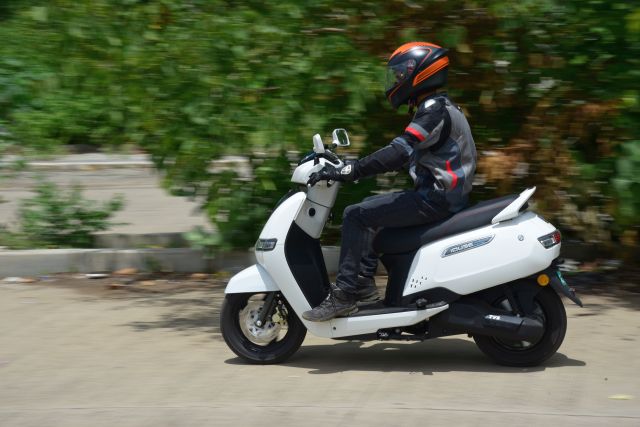
This EV comes equipped with a TFT display with the latest generation of TVS SmartXonnect platform. A user can connect the scooter to his/her mobile phone via Bluetooth and get access to varied information such as the battery, range, ride data, navigation, geo-fencing, incoming calls, short messaging service (SMS) alerts, and much more. Unfortunately, during the short period of time that I had the scooter at my disposal, I was not able to get it connected to the application. The good news is that we will receive a long-term iQube soon, after which we shall be able to test all of the SmartXonnect features in detail.
Apart from this connectivity feature, the iQube gets a decent amount of under-seat storage, two foldable hooks in the area where the riders foot rests, and a USB charger in the under-seat storage as well. I really liked the layout of the TFT dash and a nice touch is how it automatically switches to a dark mode while riding at night. The scooter also gets hazard lights and a new feature called Q-Park Assist which basically allows a rider to easily reverse the scooter out of a parking slot.
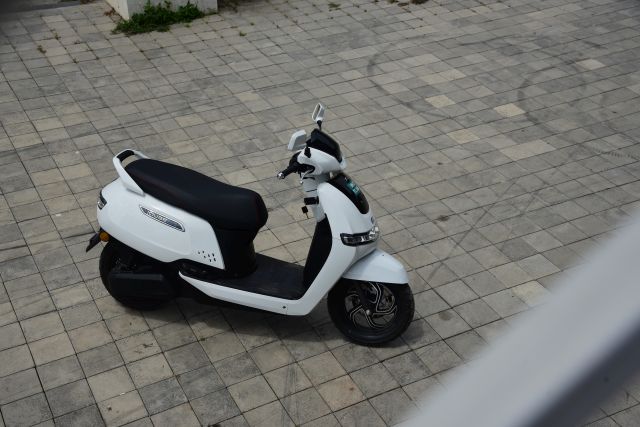
The scooter is available in Bengaluru, Delhi, Chennai, Coimbatore, and Pune. In Delhi, it can be purchased for an on-road price of Rs 1 lakh inclusive of the FAME II subsidy. The iQube is not a performance scooter. It is meant for reliably getting a rider from one point to another in the swiftest way possible and it manages to do so with commendable élan. I never thought I would be saying this about an electric scooter considering all the Chinese knock-offs we have recently seen, but this is one of the best electric offerings in our market and a remarkable achievement on the part of TVS. With EVs like this, it makes me wonder what the future has in store for us. Recently, TVS also made an announcement about investing Rs 1,000 crore to manufacture their electric vehicles under a separate vertical and about their plan to launch half a dozen EVs across different segments in the next two years.

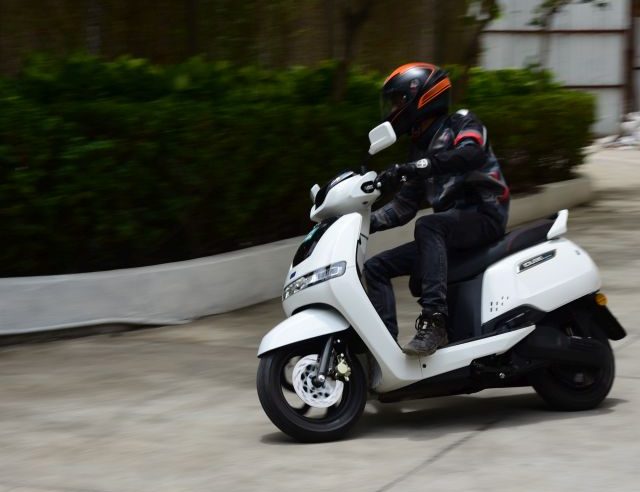
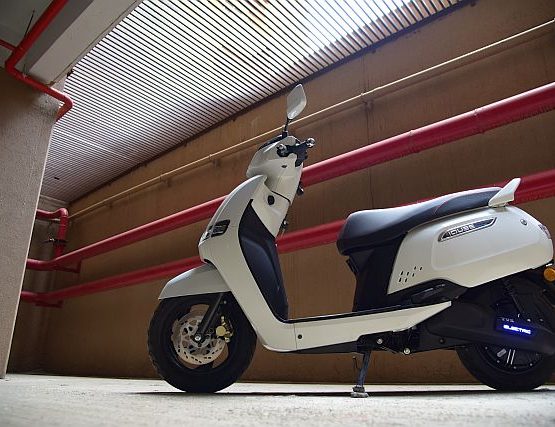
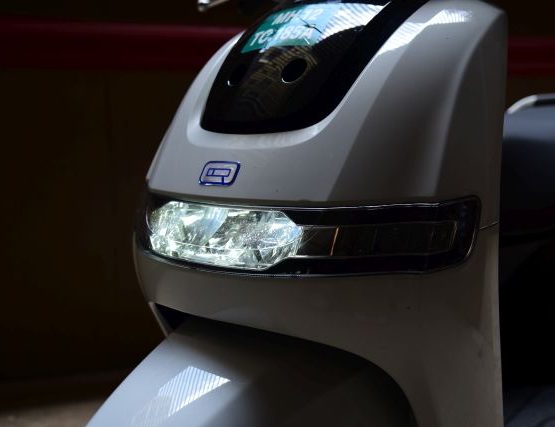
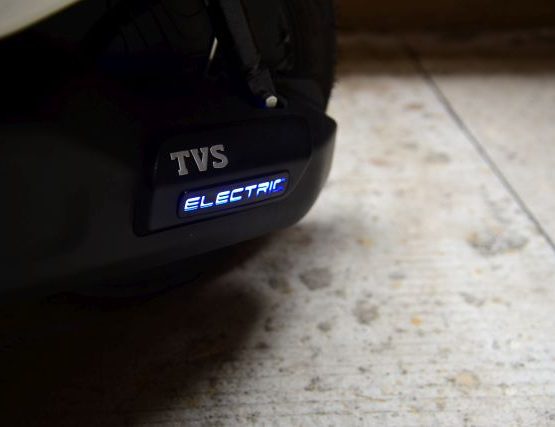
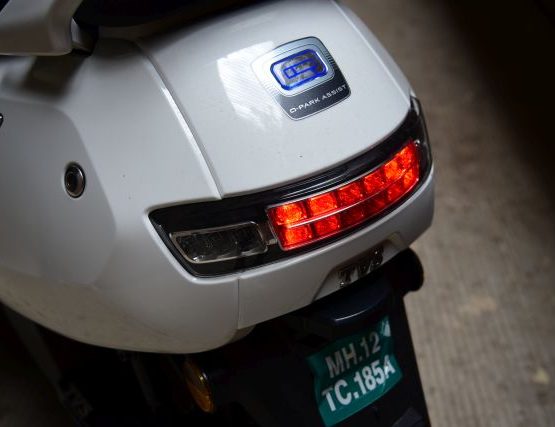
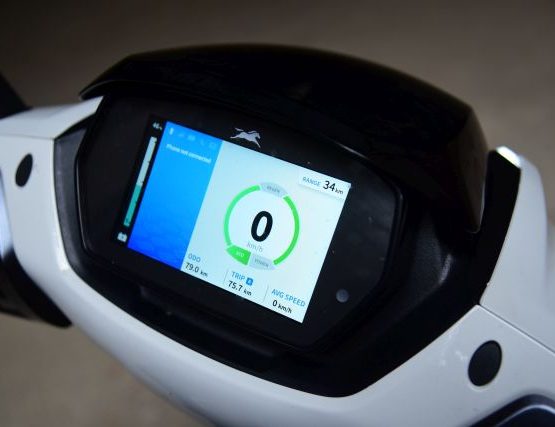

Leave a Reply